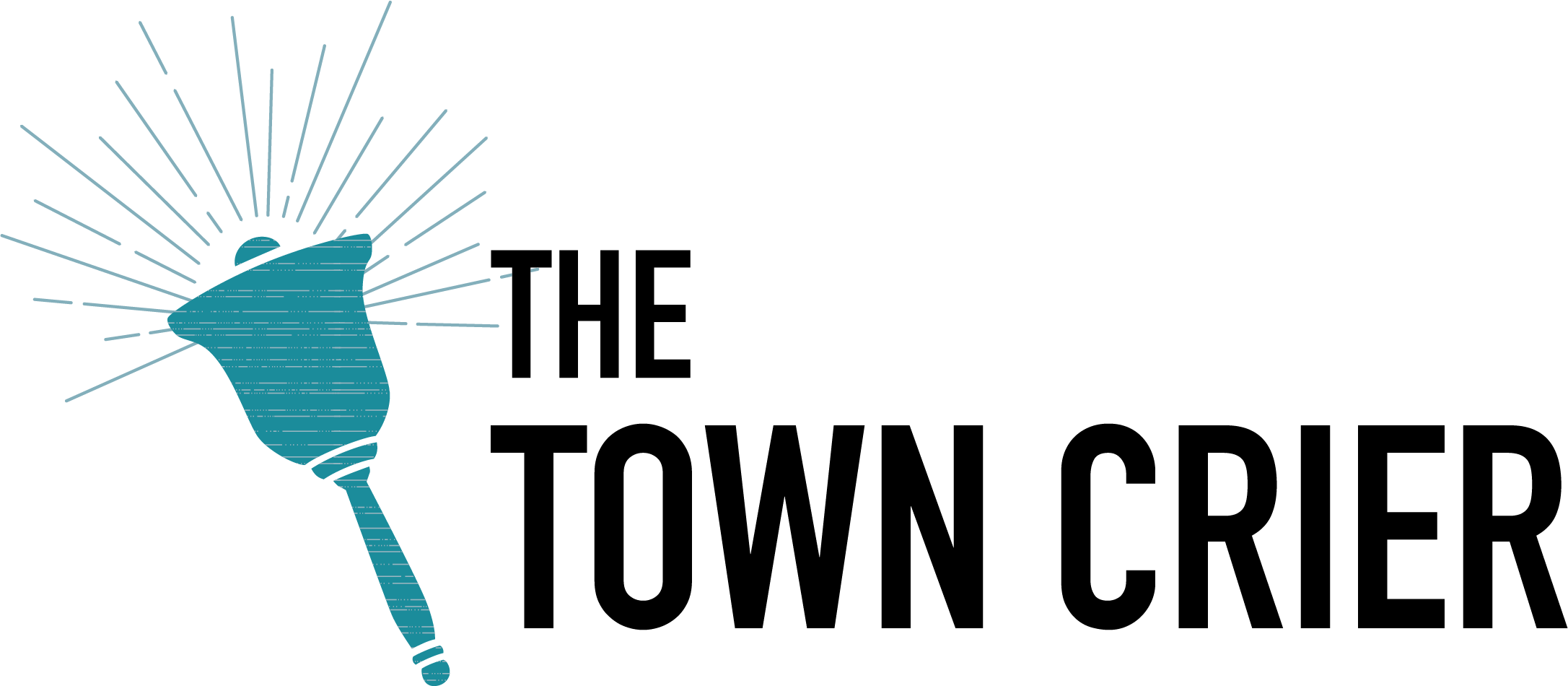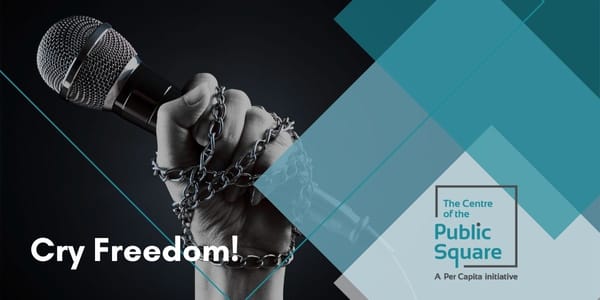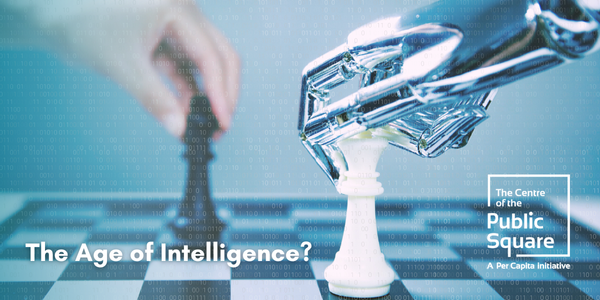The Town Crier: In Defence of Moderation

Hear Ye, Hear Ye,
In my fantasy world where I am living by the beach and writing essays all day I would currently be working on a long piece called ‘In Defence of Moderation’.
The idea of moderation, to pull back and think before one spews forth, may seem like a stifling of our passion and energy for change.
But in an era where the platforms that anchor our online interactions are designed to exploit these raw emotions and actively foments anger and division for commercial gain, breathing deeply first is itself an act of resistance.
In my fantasy essay I’d look at my own contribution to this noise, through my long career working in journalism where the excess was rewarded with the splash (‘if it bleeds, it leads) and in politics where the organising model has always been anger, hope, action.
As I looked back over my career highs, the little wins where anger had achieved something good – or more often stopped bad things going ahead – I’d wonder whether the model had delivered anything more than an ongoing war where everyone is comfortable in their role.
I’d ponder if there was a different away of building progressive change, through consensus rather than conflict, and proffer how we might rebuild countervailing power through building nodes of community consensus.
To find an example of someone whose put these principles in practise I would talk to someone who has given their career to thinking about how to run functioning social networks, someone like the co-founder of Australian Community Managers, Venessa Paech.
I’d ask her what were the skills required to build safe and productive online spaces, I’d probe the line between censorship and establishing norms and how we could share the best of this profession with the broader world.
Because I have a day-job that essay will probably sit the annals of my fantasy bibliography, so instead I invited Venessa to join this fortnight’s Burning Platforms podcast.
It’s a great discussion with one of the unsung heroes of our digital spaces and a great primer for her upcoming conference All Things in Moderation https://www.allthingsinmoderation.org/.
In this week's episode, me and my partners in crime, Digital Rights Watch chair Lizzie O’Shea and Health Engine CEO Dan Stinton, also unpack the latest news from the world of tech and politics, including:
- Who is really incognito on Google?
- Who should deal with the downstream risks of Open AI’s new
Voice Engine? - And are we Witnessing AI’s first acts of genocide?
You can download the episode here.
Or watch the You Tube version (designer lo-fi!) here.
Policy update:
Inquiry on Doxxing: On one level, submissions are the technocratic version of ‘thoughts and feels’ that allow government to give the impression they are listening to community stakeholders. But it is a way of charting territory on complex issues.
In this spirit the Centre has made a submission to the Attorney-General, (noting we weren’t invited to a stakeholder zoom call which the department passed off as a ‘roundtable’, but friends who were there said it was only notable for the lack of candour amongst the key protagonists in privacy law reform).
FWIW our view on the proposed doxxing laws are:
a. It's silly, knee-jerk populism to be seen to be ‘getting tough’ on something that is generating political heat
b. To the extent that it moves on the tortuous progress of privacy reform (no major update since the 1980s) its probably a good thing anyway
c. It's likely to be blocked by the one group that always stands in the way of privacy reform, big media, anyway.
You can read our submission here.
A note for our subscribers – as we get into the swing of things we are planning to open up our submission work to people who would like to contribute.
Worth clicking:
Which US President said this? (hint - it's not who you think) - “In holding scientific research and discovery in respect, as we should, we must also be alert to the equal and opposite danger that public policy could itself become the captive of a scientific-technological elite. It is the task of statesmanship to mold, to balance, and to integrate these and other forces, new and old, within the principles of our democratic system—ever aiming toward the supreme goals of our free society.” https://www.theatlantic.com/magazine/archive/2024/03/facebook-meta-silicon-valley-politics/677168/
Another wonderful take-down here: This reflects what I believe to be Altman’s one unique skill. The guy is like if ChatGPT created a tech CEO. He speaks and behaves as though he has ingested the performances of past CEOs and is reconstituting their performances according to a script. https://davekarpf.substack.com/p/a-memo-to-openai-you-are-not-the
When I get too cynical …. I love to read the work coming out of New Public in the States – this is a great piece on topic with my fantasy essay on moderation.




